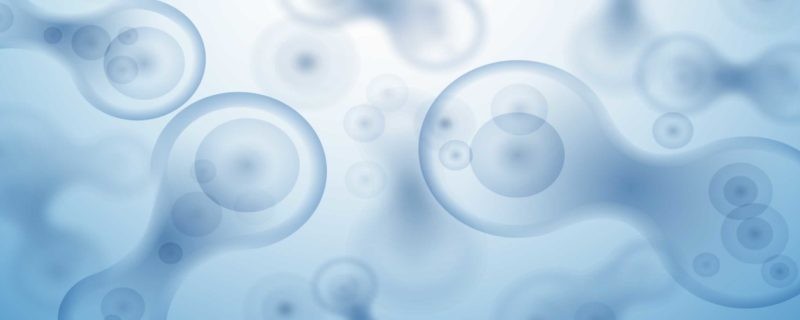
New Stem Cell Growing Surface Holds Much Promise
In a recent study, written about in Nature Materials, researchers at Glasgow and Southampton Universities discovered a new plastic surface that eliminates many current difficulties in growing adult stem cells. This new technology grows cells on a nano-patterned surface that contains tiny pits. The process for creating the surface is similar to the process used to create Blu-ray discs.
The challenge of successfully growing adult stem cells for clinical trials has been that cells typically don’t grow well on plastic surfaces, they cannot be cultured in large amounts, and they often differentiate spontaneously. This differentiation eliminates cells’ multipotency and reduces the number of cells that can be used for therapy. The combination of these problems makes it very difficult to produce enough cells for regenerative therapy applications. The new nano-patterned surface allows cells to grow better and expand more easily. The study, which used mesenchymal cells, found that the new surface “maintains stem cell phenotype and stem cell growth over eight weeks.” [1] This surface technology could be an important step in finding a way to grow large numbers of multipotent adult stem cells for regenerative therapy. An important consideration for adult stem cells that are going to be used in human patients is ensuring that they are cultured in a safe, animal-free environment. This includes eliminating the use of animal-based coatings such as Matrigel and animal products in the stem cell media. Stem cell media frequently contain animal components, including fetal bovine serum, and there is always a concern about adventitious infectious agents contaminating the stem cells. Animal components have been discouraged and largely removed from biopharmaceutical manufacturing, but they still are prevalent in stem cell processes. As stem cell therapies move from the lab to regenerative therapies, animal component manufacturing concerns will need to be addressed and removal of these products from manufacturing will become a priority.